Filter by
SubjectRequired
LanguageRequired
The language used throughout the course, in both instruction and assessments.
Learning ProductRequired
LevelRequired
DurationRequired
SkillsRequired
SubtitlesRequired
EducatorRequired
Explore the Electronics Course Catalog

Tecnológico de Monterrey
Skills you'll gain: Semiconductors, Electronic Components, Basic Electrical Systems, Electronic Systems, Electronics, Power Electronics, Electrical Engineering, Digital Communications
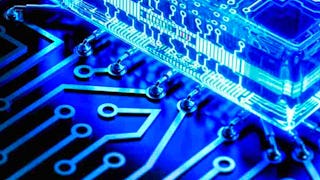 Status: Free Trial
Status: Free TrialSkills you'll gain: Electronics, Hardware Design, Electronics Engineering, Electrical Engineering, Computer Architecture, Schematic Diagrams, Semiconductors, Electronic Components, Low Voltage, Simulation and Simulation Software, Verification And Validation, Software Installation, Data Validation
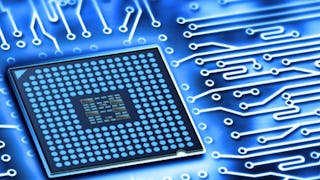 Status: Free Trial
Status: Free TrialL&T EduTech
Skills you'll gain: Embedded Software, Peripheral Devices, Integrated Development Environments, Embedded Systems, Computer Programming Tools, Development Environment, Internet Of Things, Microarchitecture, Automation, Real Time Data, Hardware Architecture, Computer Architecture, Prototyping
 Status: Free Trial
Status: Free TrialUniversity of Colorado Boulder
Skills you'll gain: Semiconductors, Display Devices, Computer Displays, Systems Design, Electrical Engineering, Technical Design, Electronic Systems, Electronics, Electronics Engineering, Equipment Design, Electronic Components, Technology Solutions, Laboratory Equipment, Mathematical Modeling, Physics, Emerging Technologies
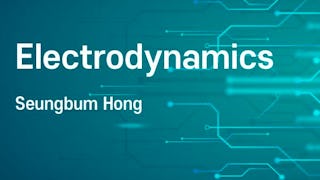 Status: Free Trial
Status: Free TrialKorea Advanced Institute of Science and Technology(KAIST)
Skills you'll gain: Electrical Engineering, Basic Electrical Systems, Electronic Components, Electrical Systems, Differential Equations, Physics, Engineering Analysis, Integral Calculus, Applied Mathematics, Advanced Mathematics, Scientific Visualization, Engineering Calculations, Electronic Systems, Mechanics, Electronics, Energy and Utilities, Mathematical Modeling, Calculus, Linear Algebra
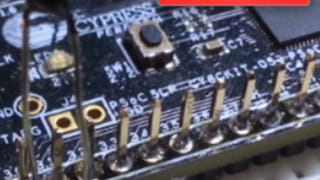 Status: Free Trial
Status: Free TrialUniversity of Colorado Boulder
Skills you'll gain: Embedded Systems, Electronic Systems, Embedded Software, Electronics, Hardware Design, Electronic Components, Thermal Management, Electrical Wiring, Schematic Diagrams, Development Environment, Debugging
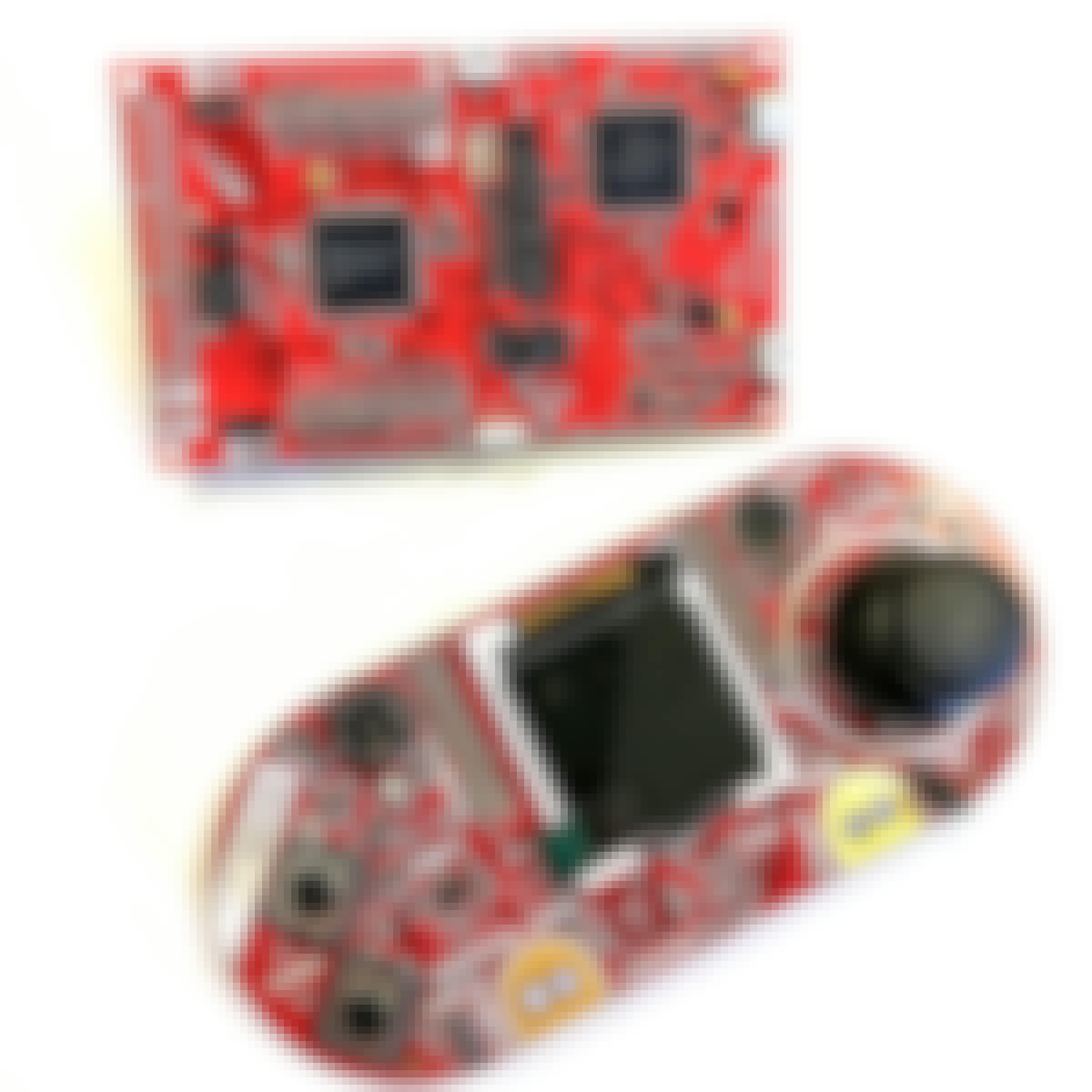
University of Colorado Boulder
Skills you'll gain: Embedded Software, Embedded Systems, Debugging, Data Structures, System Programming, Microarchitecture, C (Programming Language), Hardware Architecture, Computer Architecture, Integrated Development Environments, Software Design, Maintainability, System Configuration, Peripheral Devices
 Status: Free Trial
Status: Free TrialUniversity of California, Irvine
Skills you'll gain: Network Security, Computer Hardware, Hardware Architecture, Computer Systems, Information Technology, System Software, General Networking, Network Protocols, Operating Systems, Computer Networking, Software Systems, Data Storage, File Systems

Coursera Instructor Network
Skills you'll gain: Basic Electrical Systems, Maintenance, Repair, and Facility Services, Electronics, Control Systems, Electronic Systems, Electronic Components, Electrical Systems, Safety Assurance, Human Factors, Hardware Troubleshooting, Electric Power Systems, Display Devices, Engineering, Digital Communications, Analysis
 Status: Free Trial
Status: Free TrialSkills you'll gain: Embedded Systems, Embedded Software, C (Programming Language), Programming Principles, Hardware Architecture, Computer Architecture, Debugging, Peripheral Devices
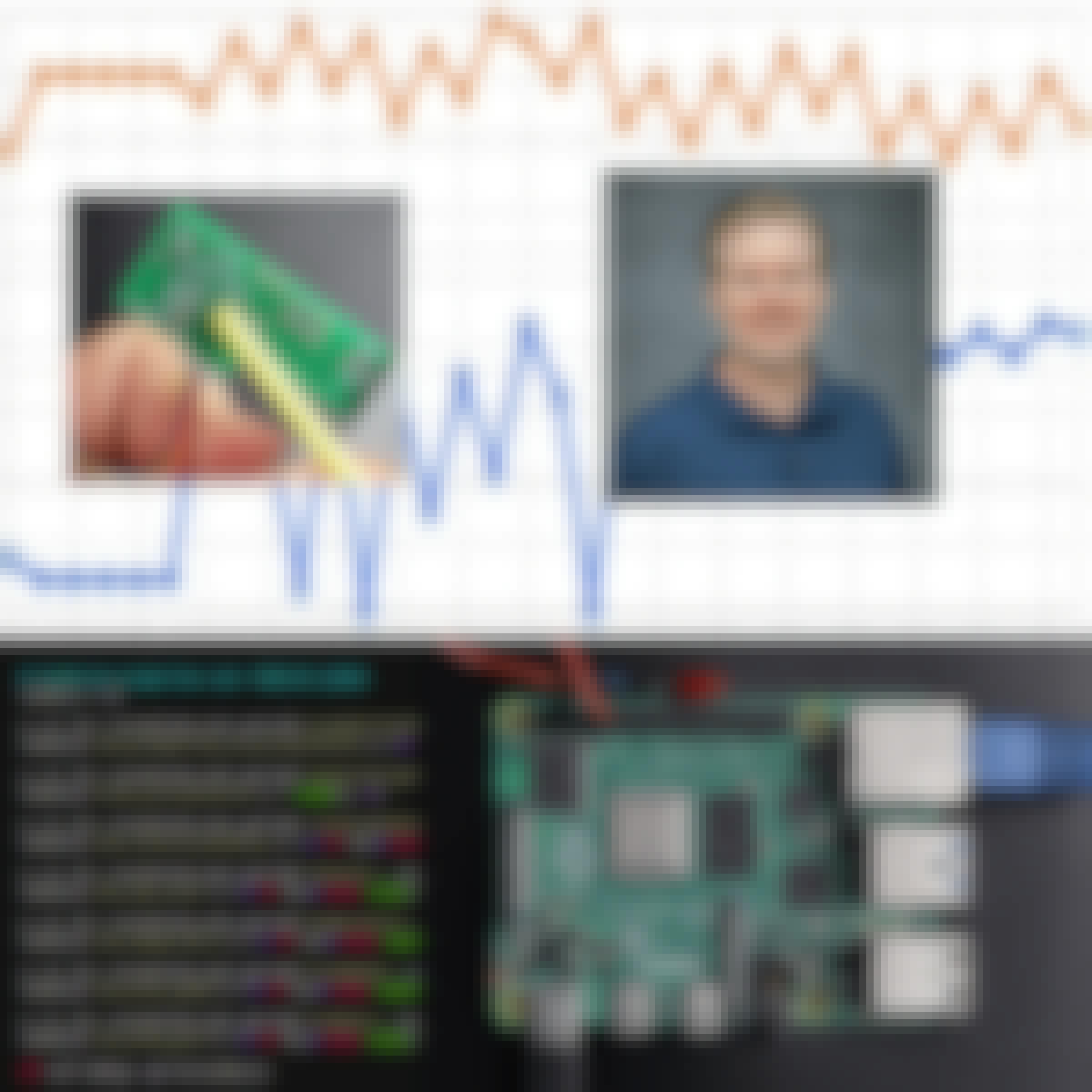 Status: Free Trial
Status: Free TrialJohns Hopkins University
Skills you'll gain: Hardware Design, Electronic Hardware, Schematic Diagrams, Computer-Aided Design, Mechanical Design, Electrical Engineering, 3D Modeling, Electronics, Simulation and Simulation Software, Technical Design, Verification And Validation, Open Source Technology

Skills you'll gain: Computer Hardware, Hardware Architecture, Networking Hardware, Data Storage Technologies, System Configuration, Microarchitecture, Computer Architecture, Peripheral Devices
In summary, here are 10 of our most popular electronics courses
- Electrónica Básica y Circuitos Integrados Lineales: Tecnológico de Monterrey
- VLSI Chip Design and Simulation with Electric VLSI EDA Tool: L&T EduTech
- Microcontroller and Industrial Applications: L&T EduTech
- Active Optical Devices: University of Colorado Boulder
- Electrodynamics: Korea Advanced Institute of Science and Technology(KAIST)
- Sensors and Sensor Circuit Design: University of Colorado Boulder
- Embedded Software and Hardware Architecture: University of Colorado Boulder
- Computer Hardware and Software: University of California, Irvine
- Avionics and Aircraft Systems: Fundamentals: Coursera Instructor Network
- ARM Cortex (STM32) Fundamentals: Building Embedded Systems: EDUCBA










